Perthshire Tory MSP Murdo Fraser has accused Police Scotland of political bias and a cavalier approach to his rights over a non-crime hate incident recorded against him.
The row started over how detectives dealt with a complaint made against Mr Fraser in November last year.
But since the MSP made the revelation and threatened to sue the force, a number of claims and explanations have been made as Scotland’s new hate crime laws are debated.
We’ve set out the full timeline below, alongside an explanation of Murdo Fraser and Police Scotland’s position.
What sparked the row?
November 2023
In November 2023, Murdo Fraser claimed on Twitter that being non-binary, which describes those who identify as neither a man or a woman, was as valid as “choosing to identify as a cat”.
He was responding to Scottish Government efforts to reform gender recognition laws to make it easier for Scots to self-identify as transgender or non-binary.
March 2024
The post by the long-serving Mid Scotland and Fife MSP was reported to police, who investigated and established there was no criminality.
But in March, Mr Fraser discovered that a non-crime hate incident had been recorded against him without his knowledge.
He accused the force of acting “outrageously and unlawfully”, urging them to delete the record against him and change their policy.
Responding to questions about case, Police Scotland insisted it had been dealt with in-line with national guidance.
Hate crime laws – JK Rowling and Humza Yousaf cases prompt apology demand
April 2024
As Scotland’s new hate crime laws came into effect, JK Rowling posted a series of tweets which misgendered trans people.
“Nobody should have a ‘hate incident’ logged against them for accurately describing, or asserting the importance and reality, of biological sex,” Ms Rowling said.
Police Scotland later confirmed that no hate incident had been recorded against the author and campaigner.
The handling of the case, as well as the force’s decision on complaints about a speech made by First Minister Humza Yousaf, prompted the Tory MSP to demand an apology.
He said the difference in approach had made it “hard not to conclude that Police Scotland has been captured by the SNP policy agenda and that this is a decision that reeks of political bias”.
In a letter to the chief constable, Murdo Fraser asked if different standards are applied if the accused are “high-profile and powerful figures”.
Mr Fraser’s complaint prompted a response from a chief inspector in Police Scotland’s professional standards department.
As well potential breaches in relation to the Human Rights Act and Equality Act, the MSP had alleged the policy could also contravene data protection laws.
But in in the response, the chief inspector said: “I am aware an officer from our National Complaint Assessment and Resolution Unit contacted you direct to discuss the matter on March 26 2024.
Hate incidents are not recorded against alleged perpetrators.”
Police Scotland spokesperson
“During the conversation regarding allegation one (that guidance on non-crime hate incidents breaches data protection law) it was confirmed to you, your personal details were not recorded on Police Scotland’s Interim Vulnerable Persons Database in relation to the hate incident in question.”
Police Scotland say they will respond to Mr Fraser’s further questions “in due course”.
What is a non-crime hate incident?
Separate to the Hate Crime and Public Order (Scotland) Act 2021, which creates an offence of stirring up hatred against protected groups, the process of recording non-crime hate incidents is not new.
Records are driven by the complainants perception, even where an investigation reveals there is no criminality.
A similar system exists south of the border, but with fresh guidance that stresses an incident should not be recorded just because someone is offended.
Police Scotland has so far refused to bring its policy into line with procedures in England and Wales – designed to protect freedom of expression.
Explaining the term hate incident, a Police Scotland spokesperson said previously: “Hate incidents are not recorded against alleged perpetrators.
“Recording is victim-focused and the process has been part of policing for many years.
“It helps us monitor tensions within communities, enabling appropriate police responses, and helps to build community confidence.
“Seemingly low level or minor events can have a significant impact on someone who may already be very vulnerable.”
Listen to The Stooshie – the weekly Scottish politics podcast from The Courier
Keep up to date with all our regional and national politics coverage on our dedicated pages here.
And stay informed by signing up to our daily politics newsletter.
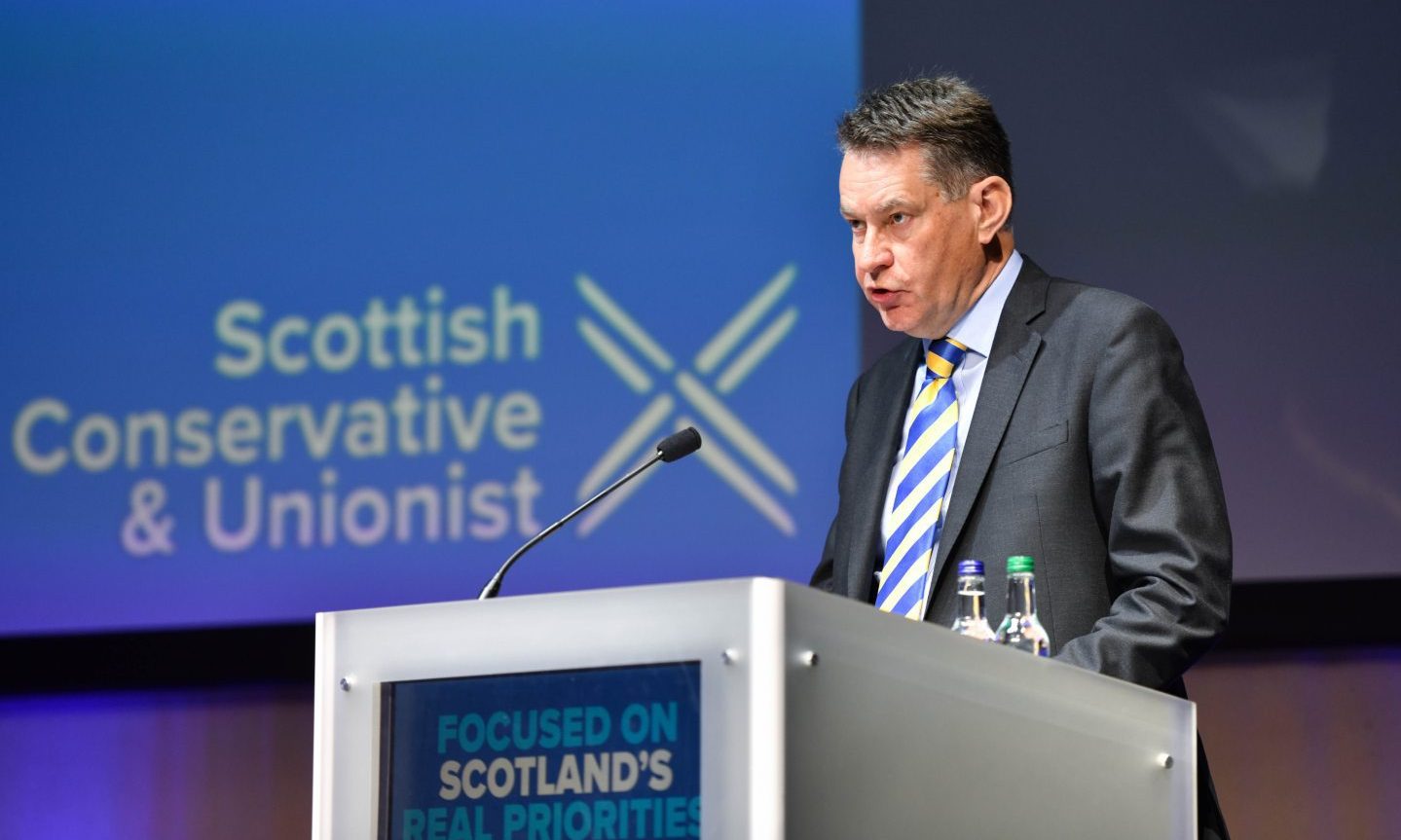
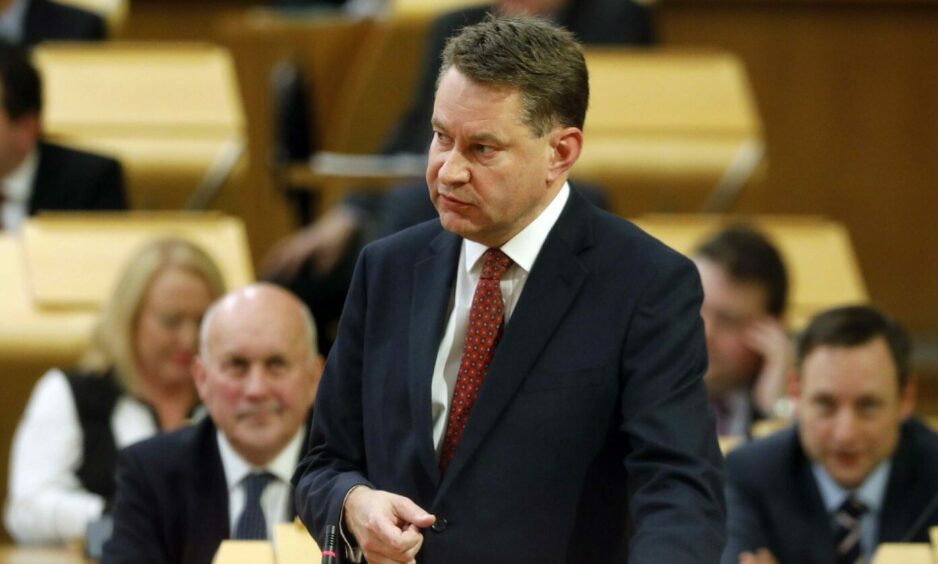

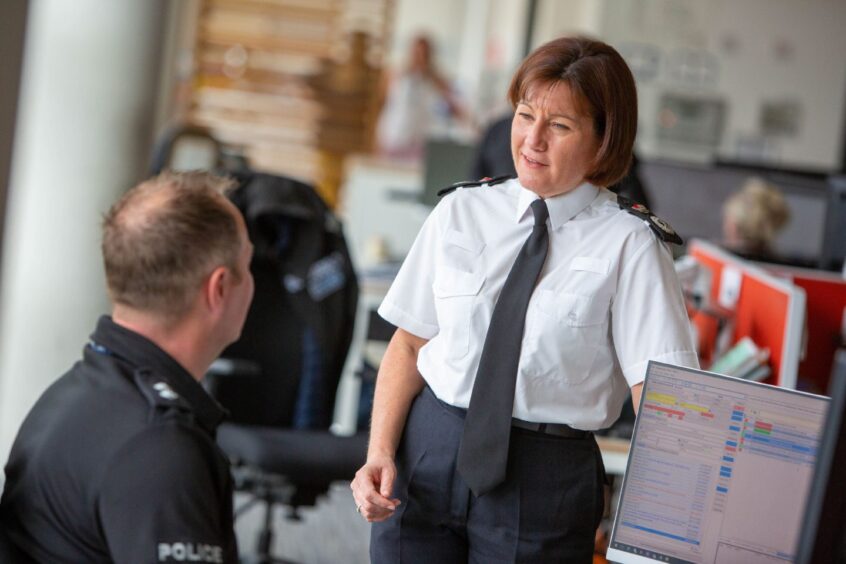
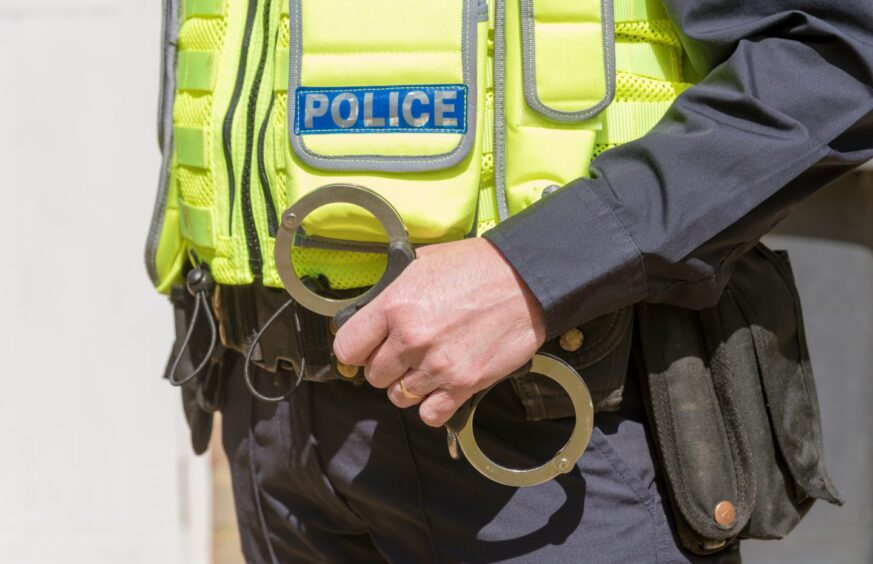
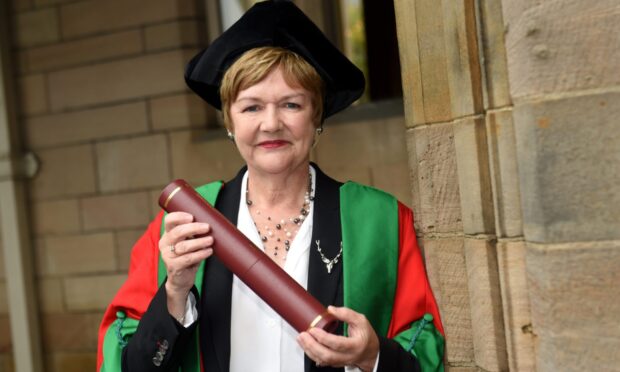



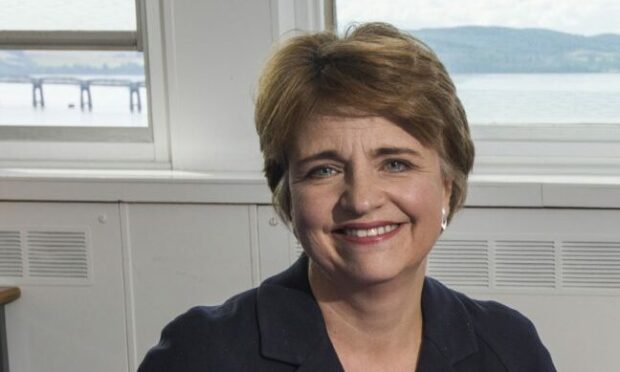


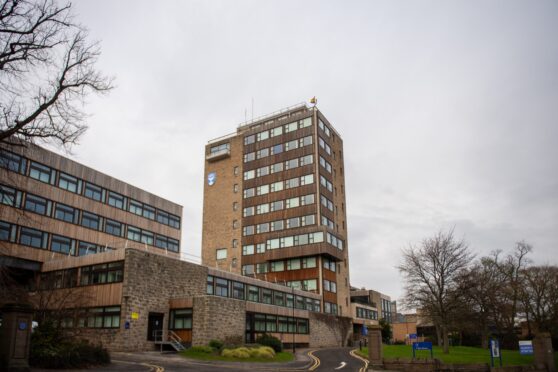


Conversation